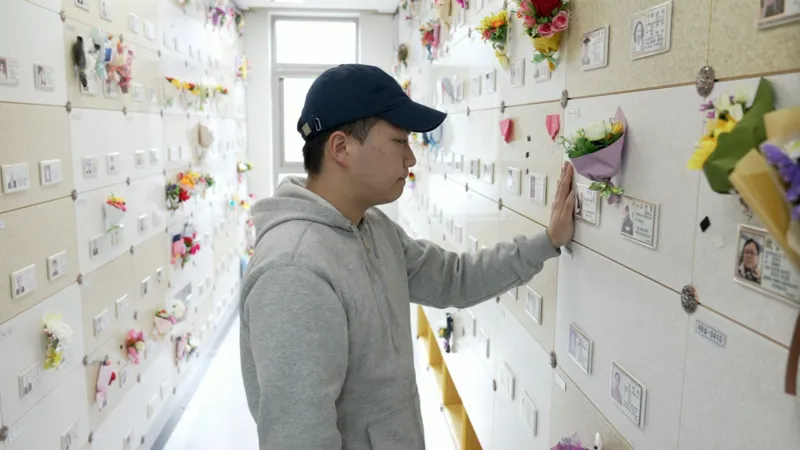Financial resentment
Following Seoul's Halloween crowd crush in 2022, victims and bereaved families were similarly smeared. A man who lost his son in the incident had his photo doctored by hate groups - showing him laughing after receiving compensation.
People whose loved ones died in the Sewol ferry sinking in 2014 - a maritime disaster that saw 304 people killed, mostly schoolchildren - have also for years been the targets of hate speech.
The tragedy saw the government pay out an average of 420 million won ($292,840; £231,686) per victim - triggering comments that claimed this figure was unreasonably high.
"People who are living day by day feel the compensation is overrated and say the bereaved are getting 'unfair treatment' and that they are making a big deal when everyone's life is hard," Koo Jeong-woo, a sociology professor at Sungkyunkwan University, told news site The Korea Herald.
In later comments to the BBC, Prof Koo suggested that economic stress and a competitive job market - particularly in the wake of Covid - has left many people feeling socially isolated, exacerbating the issue of hate speech.
Many South Koreans, he says, now "view others not as their peers, but as adversaries", pointing to a widespread culture of comparison in South Korea.
"We tend to compare a lot... if you put someone else down, it's easier to feel superior yourself," he told the BBC. "That's why there's a bit of tendency in Korea to engage in hate speech or make derogatory remarks, aiming to diminish others to elevate oneself."

